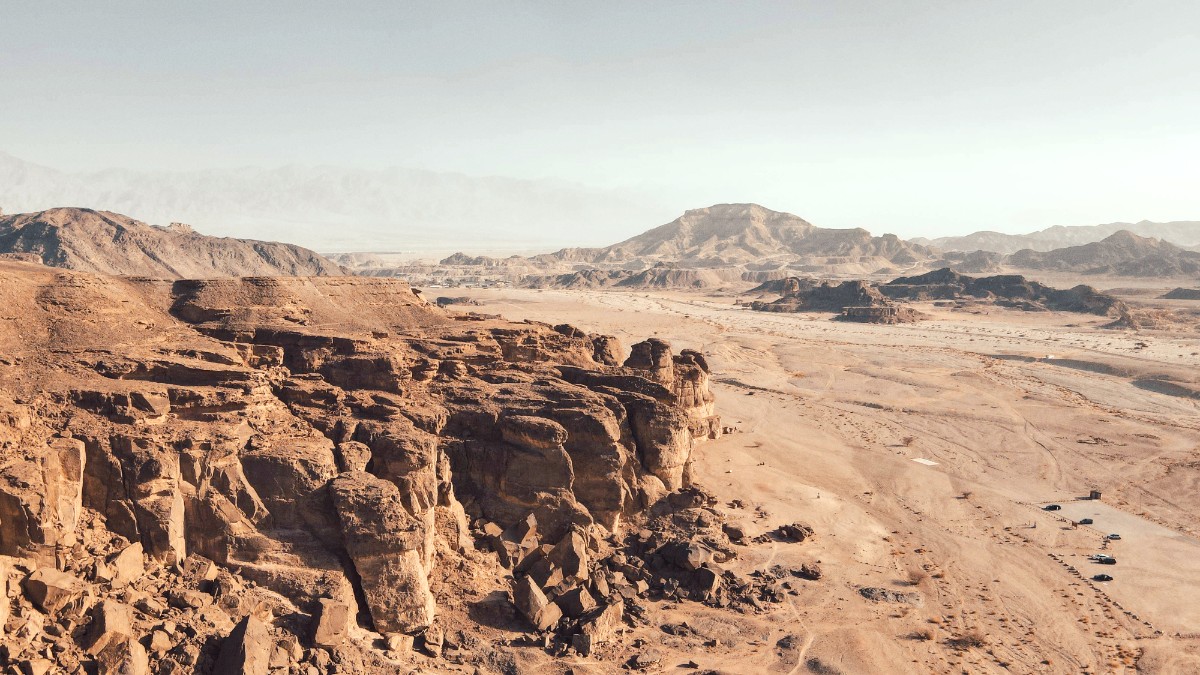
Petra And The South, Jordan
The Aqaba Marine Park actively conserves the Red Sea's coral reefs and diverse marine life.
Jordan's waste management is developing. Minimize plastic use by carrying a reusable water bottle.
Jordan is one of the most water-scarce countries. Be mindful of water usage during your stay.
Your travel choices contribute to the environment and local culture.
Seek hotels with environmental certifications. Choose dive centers following responsible practices.
Support local cultural initiatives and heritage sites by paying entrance fees, which contribute to preservation.
Engaging with locals with patience and politeness often leads to positive exchanges.
Always ask for permission before taking photos of people, especially women and children.
Dress modestly when visiting mosques or other religious sites (shoulders and knees covered for both men and women; women should also cover their hair). Remove your shoes before entering a mosque.
Avoid visiting mosques during prayer times (five times a day) to show respect. These times vary daily; check local schedules.
Ensure your visit has a positive economic impact on the local community.
Seek out opportunities to support locally owned businesses, contributing directly to local livelihoods.
Purchase souvenirs and crafts directly from local artisans where possible.
Actively patronizing local establishments channels your money directly into the local economy.
Be aware of specific situations, like begging involving children, which can be part of organized systems.
If you wish to make a charitable contribution, research established local NGOs or community development organizations.
Donate through them to ensure your contribution reaches those in need effectively.
Support projects focused on education, health, and economic empowerment for long-term change.
Your generosity can directly uplift communities and improve livelihoods in a structured manner.
Direct giving to begging children can perpetuate cycles of exploitation. Consider channeling support through vetted local charities focused on child welfare and education.
Thoughtful engagement with local people, coupled with supporting local businesses, leaves a positive mark on the communities you visit. A genuine smile and an open mind often create memorable cultural exchanges.